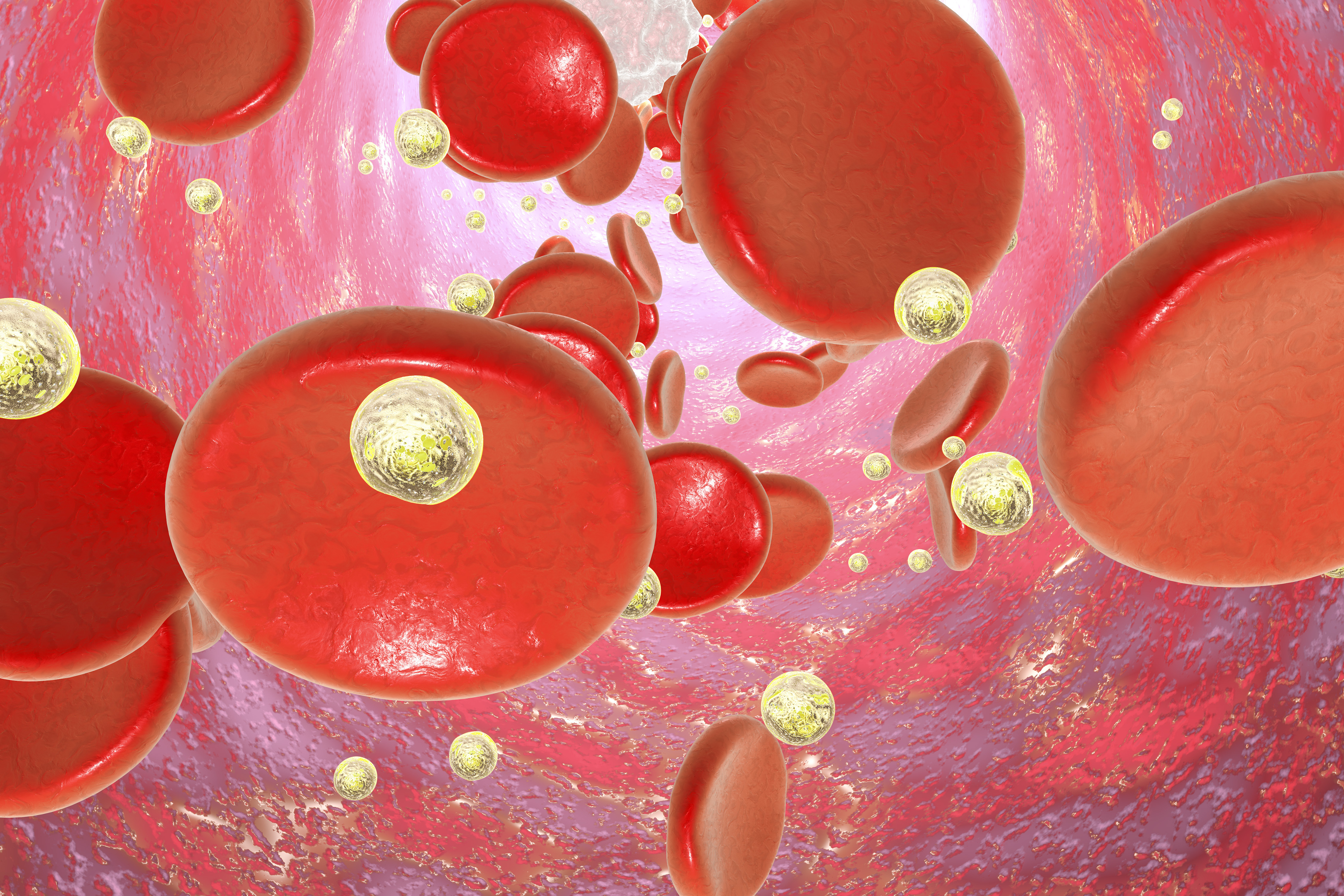COVID-19 Thought To Be Cause of CAD in Woman in Case Report

A case report from Michigan suggests that coronavirus disease 2019 (COVID-19) could cause cold agglutinin disease (CAD).
Results showed that appropriate treatment, including folic acid and a steroid, lowered inflammation and nearly corrected levels of blood cells.
The report, “Cold agglutinin disease and autoimmune hemolytic anemia with pulmonary embolism as a presentation of COVID-19 infection,” was published in the journal Hematology/Oncology and Stem Cell Therapy.
COVID-19 is caused by the severe acute respiratory syndrome coronavirus 2 (SARS-CoV2). As this new coronavirus virus was only recently characterized, understanding its biology and associated clinical manifestations remains an ongoing endeavor.
CAD can develop with no clear cause, called primary or idiopathic CAD, or be secondary to other conditions, such as cancers, autoimmune diseases, or viral infections.
A team at Wayne State University described the case of a 51-year-old African-American woman who went to the emergency room on March 28 with fever, shortness of breath, malaise, and rib and back pain. Her medical history included right breast cancer that led to recent mastectomy and breast reconstitution, as well as venous thromboembolism (blood clot in a vein) in her left leg.
Laboratory tests revealed severe anemia, low levels of hemoglobin — the protein that carries oxygen in red blood cells — and high levels of the inflammatory marker C-reactive protein, among other changes. She was given two units of packed red blood cells in the emergency room.
A CT scan showed a pulmonary embolism, which refers to blockage of a pulmonary artery, as well as airspace disease in the lower lung lobes that was thought related to pneumonia or atelectasis.
The woman tested positive for SARS-CoV-2, and was started on hydroxychloroquine. Additional laboratory testing showed that she was also positive for cold agglutinins — the autoantibodies found in people with CAD — and had red blood cell agglutination (clumping) on a blood smear, which is also characteristic of CAD.
“As her workup was consistent with CAD … we started her on folic acid and recommended to use warm intravenous [into the vein] fluids and blood products,” the scientists wrote. Folic acid is a vitamin that can help treat anemia because it is necessary for the production of red blood cells.
The patient was later also given an anti-inflammatory steroid called Solu-Medrol (methylprednisolone sodium succinate; 60 mg twice daily) and heparin, which prevents blood clots.
With treatment, her inflammatory markers decreased, she was weaned off oxygen therapy, and showed improved levels of hemoglobin and of a blood clotting marker called D-dimer. The woman was discharged and sent home in stable condition. Two weeks later, her hemoglobin levels were still rising, and she showed normal white blood cell counts.
“Hematologic [blood-related] manifestations of COVID-19 infection remain to be completely defined,” the researchers wrote. “Our patient presented with CAD … in the setting of SARS-CoV-2 infection. SARS-CoV-2 should be recognized as a possible viral etiology [cause] to such rare diseases.”





